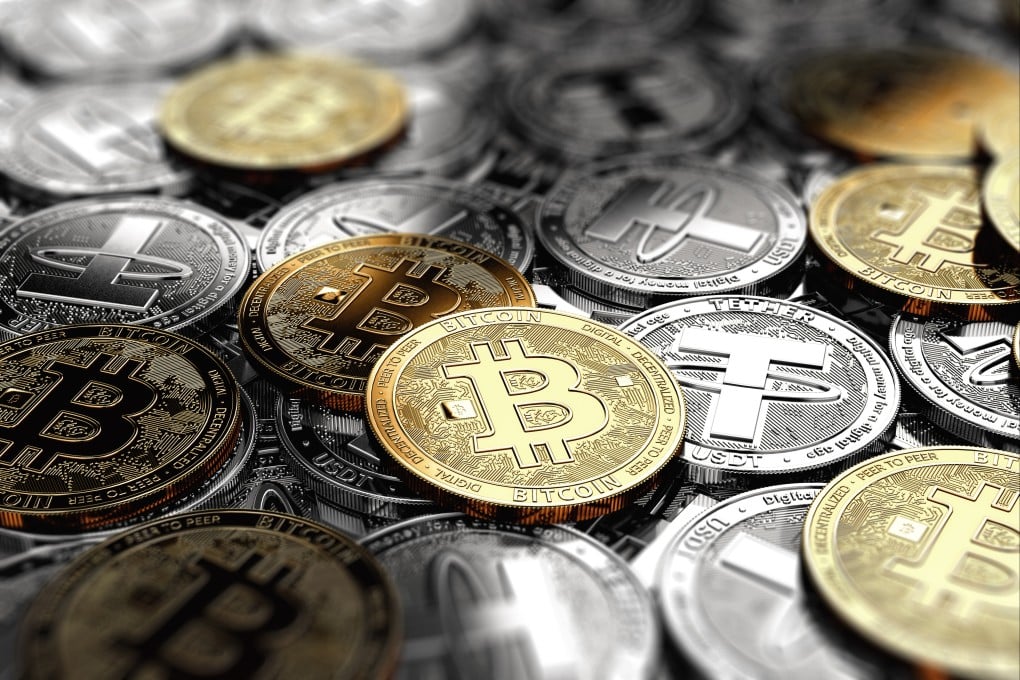Hong Kong’s proposed stablecoin rules would be ‘extremely challenging’ for global issuers like Tether and USDC
- Experts say there are benefits to Hong Kong regulators’ cautious approach to stablecoin regulation, but some fear it will put off big market players
- The more stringent rules come after the city’s aspirations to become a virtual asset hub have taken a hit from recent crypto-related scams

While Hong Kong’s proposed regime follows recommendations issued by global standard-setters, the city’s rules are “slightly more stringent in certain ways” than Singapore’s, such as the minimum paid-up capital requirement of at least HK$25 million (US$3.2 million), according to Chengyi Ong, Head of APAC Policy at Chainalysis.
“The framework reflects Hong Kong authorities’ intention to set a high bar for fiat-referenced stablecoins [FRS], recognising their potential for widespread adoption,” Ong said.
The rules as written in the consultation paper, published on Wednesday by the Hong Kong Monetary Authority (HKMA) and the Financial Services and the Treasury Bureau (FSTB), would not allow companies without a licence to sell stablecoins to Hong Kong’s retail investors through regulated channels, or actively market their FRS to the city. Requirements include holding reserves at least equal to the value of issued stablecoins and having an incorporated entity in Hong Kong, with a chief executive, senior management team and key personnel all based in the city.
“It will be extremely challenging to become licensed as an issuer of a fiat-referenced stablecoin under the proposed regime,” said Ben Hammond, partner and office managing partner at Ashurst in Hong Kong. “Currently, it is also questionable how many issuers will even be capable of meeting the criteria to be licensed.”
The operator of US dollar-pegged Tether (USDT), the world’s largest stablecoin by market capitalisation, ostensibly already operates in Hong Kong, where it was founded and has a legal entity, Tether Limited. However, the parent company Tether Holdings Limited is incorporated in the British Virgin Islands, and the leadership team, which has ties to exchange Bitfinex, appears to no longer operate out of Hong Kong, raising questions of whether it would seek a licence. Tether did not immediately respond to a request for comment.
Boston-based Circle, which operates the world’s second-largest stablecoin, USD Coin (USDC), said it “commends the Hong Kong government” on its proposed rules that “resonate” with the company’s own policies, and it is reviewing the framework for opportunities to work with regulators.